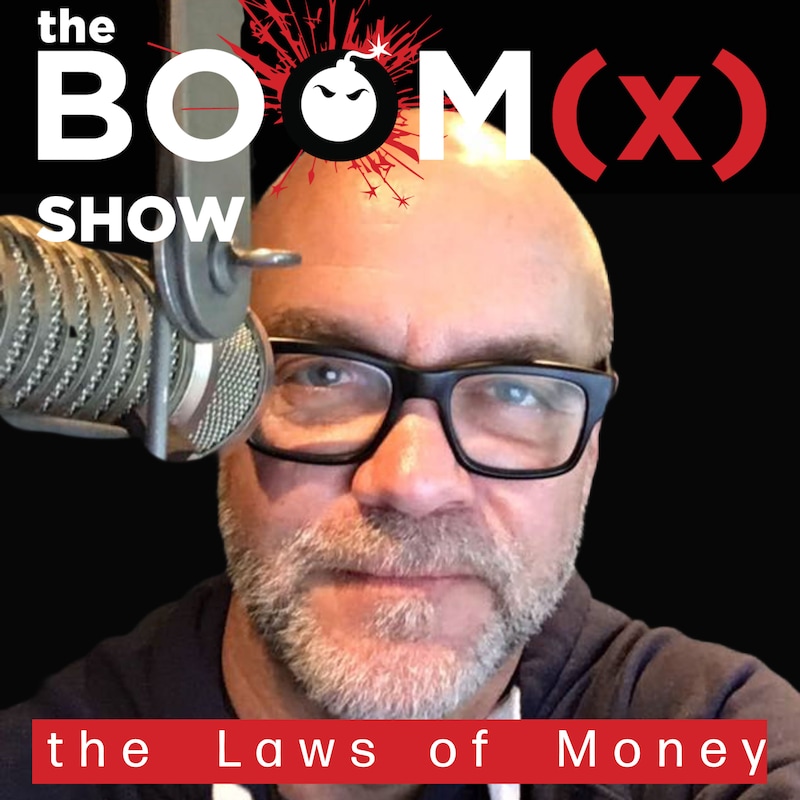Shownotes
Infinite Banking refers to a method of cash management using a carefully designed whole life insurance policy. A whole life policy distributes cash to the beneficiary when the insured dies. The insured, usually the policy owner, does not directly benefit for an obvious reason - they are dead. This begs a question - is there a reason to store cash in a whole life policy other than a tax-free death benefit? Proponents of Infinite Banking would answer "yes."
In addition to a tax-free death benefit, all whole life policies also store and pay dividends or accrued interest on the deposited cash, i.e., the "cash value." A portion of this cash pays for the guaranteed death benefit. The unused portion of the cash value grows on a tax-deferred basis.
Do not forget that twelve states impose an estate tax separate from a federal estate tax. Estate planning attorneys often set up irrevocable trusts to pay for imminent estate taxes at a discount because the trustee purchases a whole life policy on the life of the trustmaker. When the trustmaker dies, the death benefit pays the estate tax. The amount of premiums paid for the insurance is far less than the death benefit, which corresponds with the estate tax liability. This is a way to pay a future tax with pennies on the dollar.
In addition, all trusts grow and protect family wealth for more than one generation. Trusts must have cash to distribute to help the family, e.g., college tuition, business start-ups, or even unreimbursed medical expenses. Unfortunately, an irrevocable trust pays the highest tax rate on investment returns. To avoid this, trustees favor tax-deferred and tax-free investments, such as life insurance, annuities, or municipal bonds.
This episode makes the case that Infinite Banking works well in trusts to reduce estate tax and meet family goals generationally.





